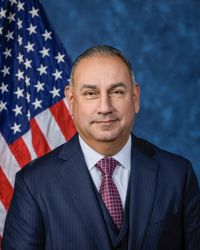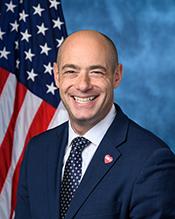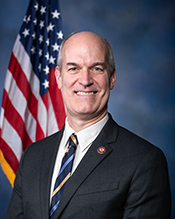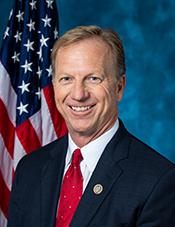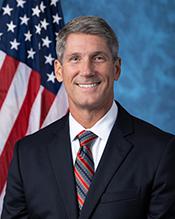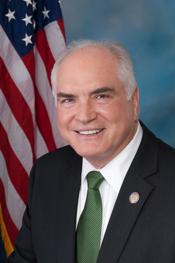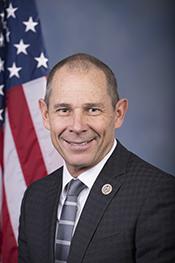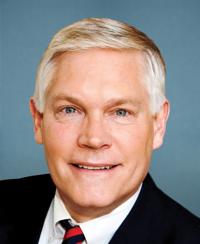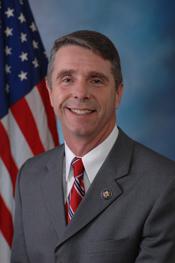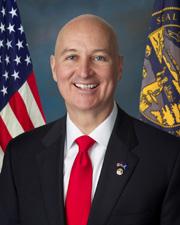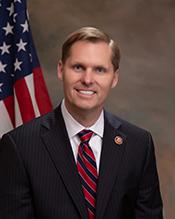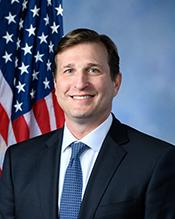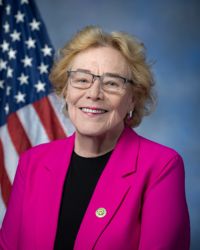H.R. 1221: Social Security and Medicare Lock-Box Act
This bill, known as the Social Security and Medicare Lock-Box Act, aims to create specific accounts to safeguard surpluses within the Social Security and Medicare funds. Here are the main components of the bill:
Creation of Surplus Protection Accounts
The bill establishes two new accounts:
- Social Security Surplus Protection Account: This will be part of the Federal Old-Age and Survivors Insurance Trust Fund. At the end of each fiscal year starting after 2025, any surplus from the Social Security program will be transferred into this account.
- Medicare Surplus Protection Account: Similarly, this account will be part of the Federal Hospital Insurance Trust Fund. Any surplus from the Medicare Part A program will also be transferred to this account at the end of each fiscal year starting after 2025.
Definition of Surplus
Surplus is defined for both accounts as the difference between the total revenue from specific taxes and the total benefits paid out. For Social Security, this includes various taxes imposed on wages and self-employment income. For Medicare Part A, it focuses on specific payroll taxes. The excess amounts, after deducting benefits paid and other specified outflows, will contribute to the respective surplus accounts.
Investment Restrictions
Initially, the funds in these surplus protection accounts will not be available for investment. They will remain liquid until legislation is enacted that authorizes alternative investment vehicles beyond obligations of the United States. This ensures that the funds are preserved for their intended purpose until a new investment strategy is approved.
Establishment of the Investment Commission
The bill also establishes a Social Security and Medicare Part A Investment Commission. This commission is tasked with:
- Conducting studies to determine effective investment vehicles beyond U.S. obligations for the surpluses in the two accounts.
- Submitting a report with recommendations and any necessary changes to legislation for these investments no later than October 1, 2025.
The Commission will consist of members with expertise in financial investments and pension plans, and will function under specific administrative rules, including regular meetings.
Member Appointments and Compensation
The Commission will include members appointed by various leaders of Congress and the President. They will receive compensation for their work, which will include travel and necessary expenses during their duties.
Termination of the Commission
This Commission will be dissolved 90 days after submitting its report to Congress and the President.
Relevant Companies
- UNH - UnitedHealth Group: As a major player in healthcare services, any changes in Medicare funding or investment strategies could impact their operations and profitability.
- MCD - McDonald's: Given that this company provides benefits to employees, any shifts in Social Security could affect their workforce planning and related expenses.
This is an AI-generated summary of the bill text. There may be mistakes.
Sponsors
1 sponsor
Actions
2 actions
| Date | Action |
|---|---|
| Feb. 11, 2025 | Introduced in House |
| Feb. 11, 2025 | Referred to the House Committee on Ways and Means. |
Corporate Lobbying
0 companies lobbying
None found.
* Note that there can be significant delays in lobbying disclosures, and our data may be incomplete.

